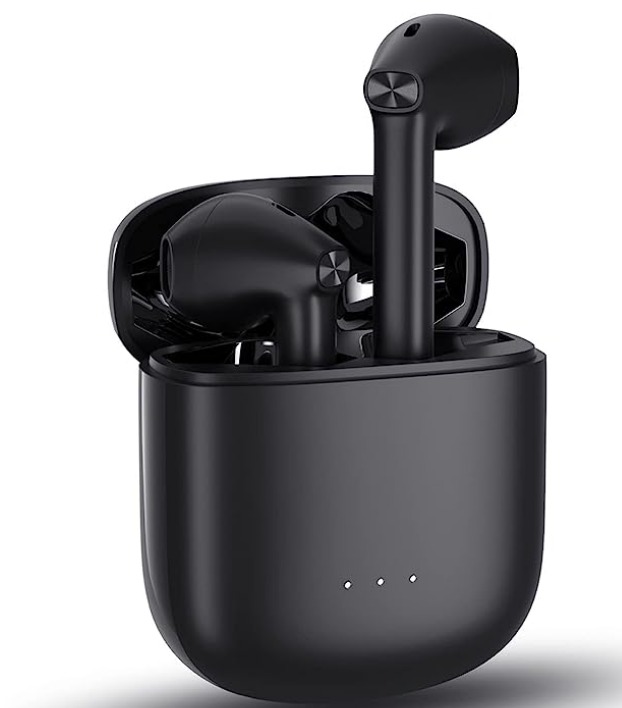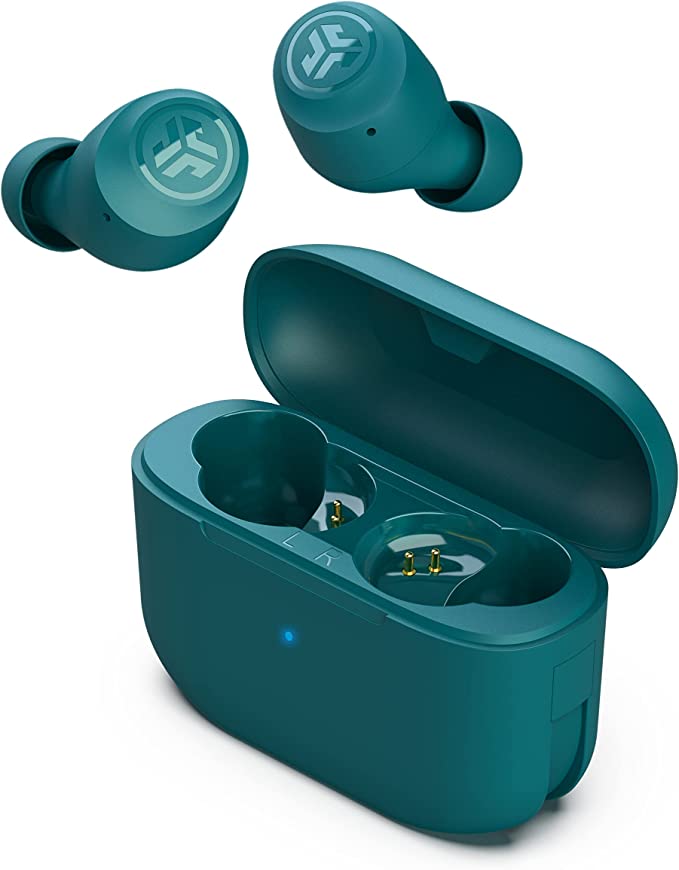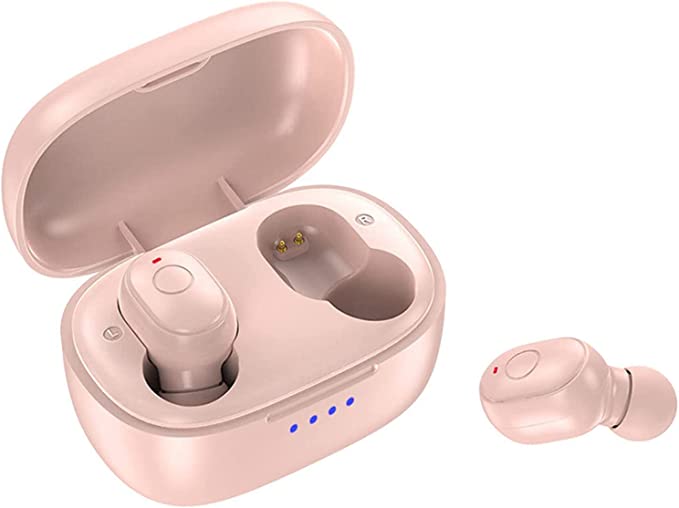That Musty Basement Smell: It's Not Just a Smell, It's a Warning
Update on Oct. 26, 2025, 8:40 a.m.
Every homeowner knows it. That damp, earthy, slightly sweet but unpleasant smell that hits you the moment you open the basement door, especially after a heavy rain or a minor leak. We call it “musty,” “dank,” or just “that basement smell.” We often tolerate it, assuming it’s a harmless, unavoidable part of having a below-ground space. But it’s not. That distinct odor is a biological distress signal. It’s the signature scent of an active microbial ecosystem, and it’s telling you that something is wrong.

The Source of the Scent: Meet Your Unwanted Tenant
That musty smell is primarily caused by Microbial Volatile Organic Compounds (MVOCs). These are gases produced as a byproduct of mold’s metabolic process. When you smell that odor, you are literally inhaling the waste products of a thriving mold colony.
Mold spores are everywhere, all the time, floating harmlessly in the air. They only become a problem when they find what they need to grow: moisture, a food source (like drywall paper, wood, or even dust), and the right temperature. A basement that has experienced a leak, a flood, or even just high humidity is a five-star resort for mold. As it grows and digests its food source, it releases these MVOCs, creating the tell-tale smell that permeates the space.
Why You Can’t Ignore the Warning
Ignoring that smell is like ignoring a smoke alarm. While the MVOCs themselves can cause headaches and nausea in sensitive individuals, they are a clear indicator of the presence of mold, which carries more significant risks:
- Health Issues: Mold spores are potent allergens. For many people, exposure can trigger allergic reactions, asthma attacks, sinus congestion, and other respiratory problems. Some molds can produce mycotoxins, which can lead to more serious health issues with long-term exposure.
- Structural Damage: Mold isn’t just living on surfaces; it’s eating them. An unchecked mold problem can rot wood framing, disintegrate drywall, and compromise the structural integrity of your home over time.
The Battle Plan: A 4-Step Solution to Reclaim Your Basement
Getting rid of the smell means getting rid of the mold. This requires a systematic approach. Simply spraying air freshener is like putting a bandage on a broken leg.
Step 1: Control the Source. You must first stop the water. Fix any leaks, seal foundation cracks, and ensure proper drainage away from your house. Then, thoroughly dry the affected area using fans and dehumidifiers. Mold cannot thrive without moisture.
Step 2: Physical Removal. For small areas of surface mold, a solution of household detergent and water is often effective. Always wear protective gear—an N95 respirator, gloves, and goggles—to avoid inhaling spores during cleanup. For extensive mold problems (larger than 10 square feet), it is strongly recommended to consult a professional remediation service.
Step 3: Purify the Air. This is the crucial step that most people miss. During cleanup, millions of spores are disturbed and become airborne. If you don’t actively remove them, they will simply land elsewhere and start a new colony. This is where a high-efficiency air scrubber becomes essential. A consumer-grade air purifier is often not powerful enough for this task. You need a machine designed for remediation.
Step 4: Maintain a Dry Environment. Keep the basement humidity level below 50% using a dehumidifier. Ensure good air circulation. This creates an environment that is inhospitable to mold, preventing its return.
The Power of Professional Tools: Air Scrubber vs. Box Fan
Why can’t you just use a fan? The difference is in the filtration and airflow. An air scrubber is a heavy-duty, portable filtration system. It draws in huge volumes of air—a commercial unit like the PURISYSTEMS HEPA 600 UVIG can move 600 cubic feet of air per minute (CFM)—and passes it through a series of filters. The most important of these is a HEPA filter, which, as we know from its history, is designed to capture 99.97% of microscopic particles, including the tiniest mold spores that a simple fan would just blow around the room.

Taking Back Your Space
That musty smell is a sign your home’s ecosystem is out of balance. By understanding its cause and following a methodical plan, you can eliminate the threat at its source and purify the air. Winning this battle isn’t just about getting rid of an unpleasant odor; it’s about restoring your basement to a safe, healthy, and usable part of your home. It’s about breathing easy again, knowing your space is truly clean.





























